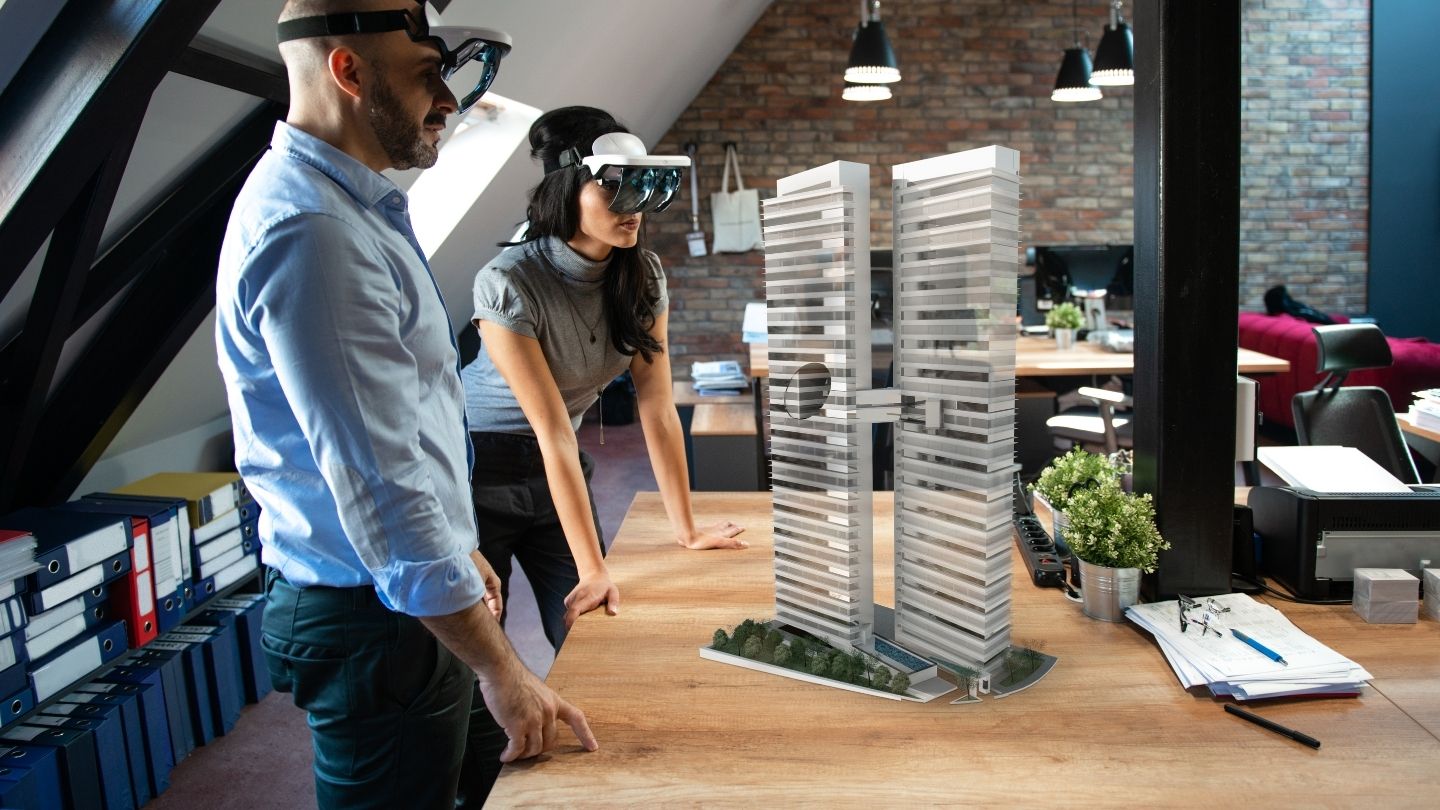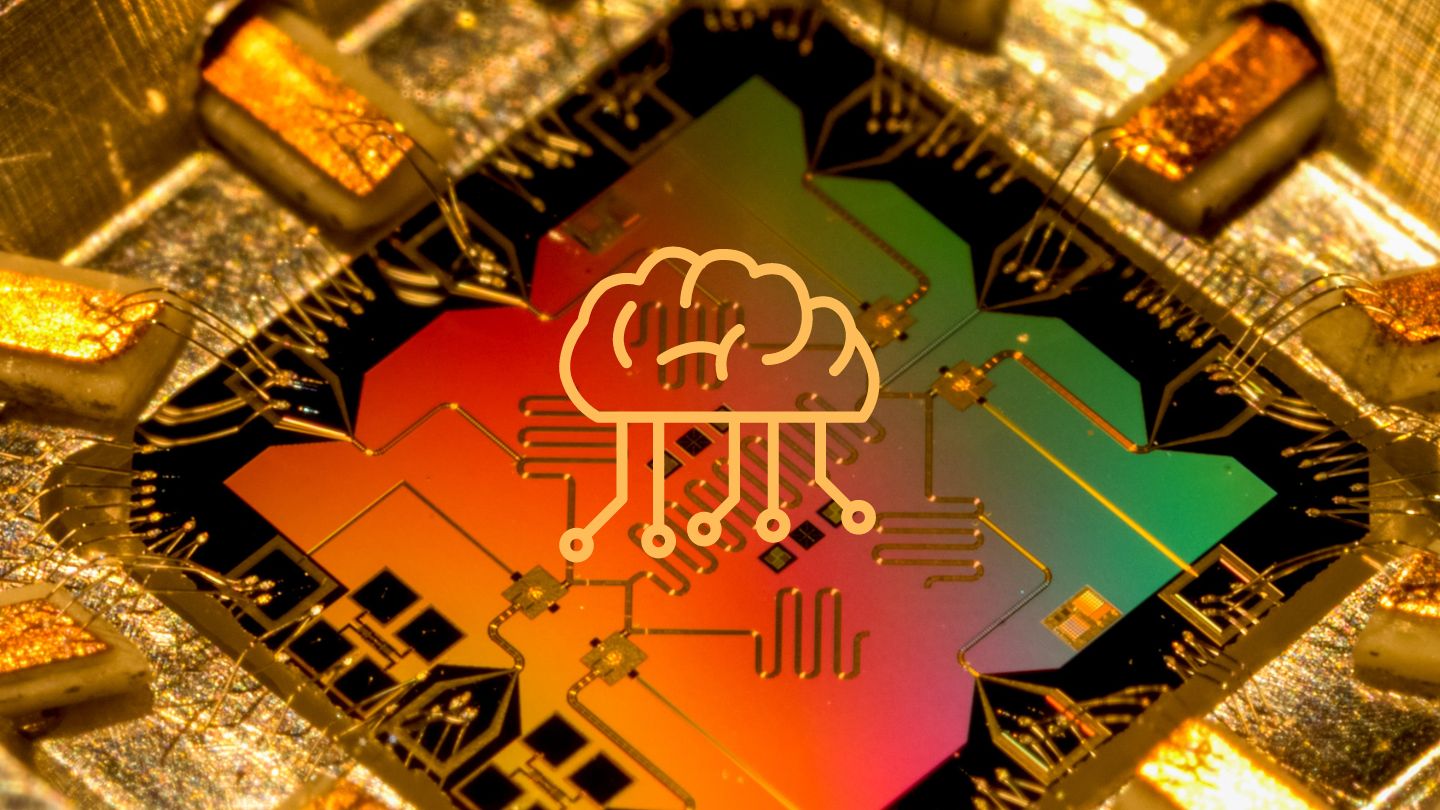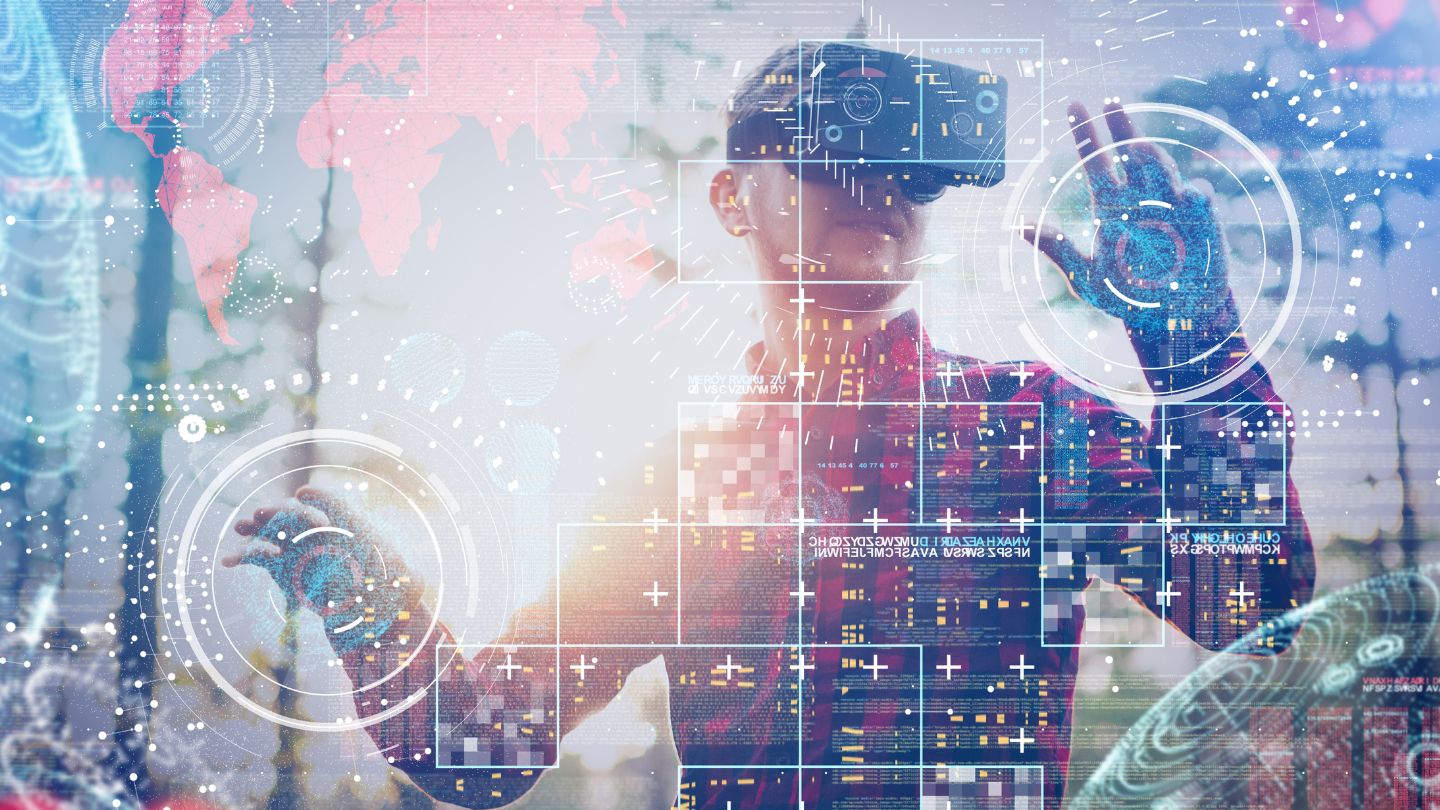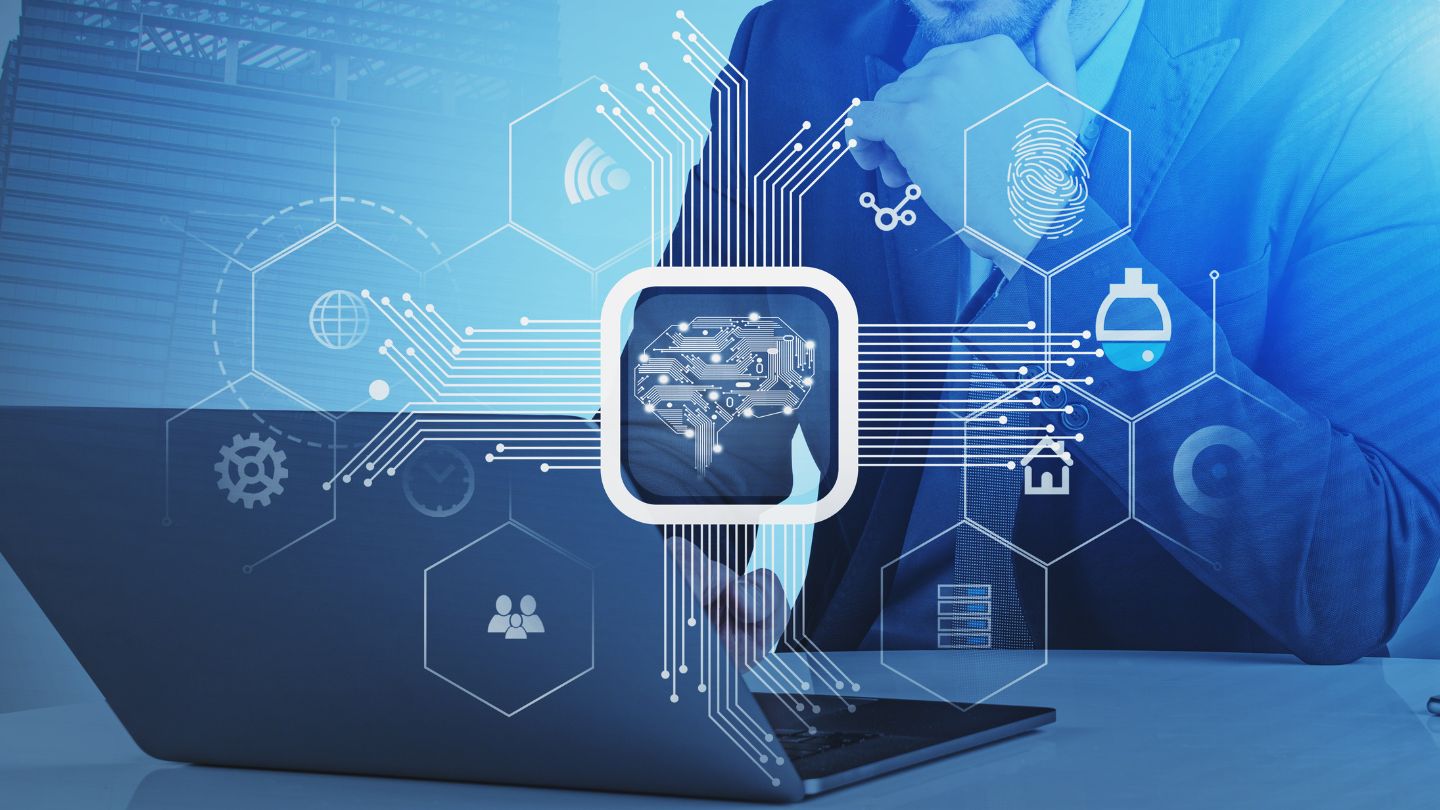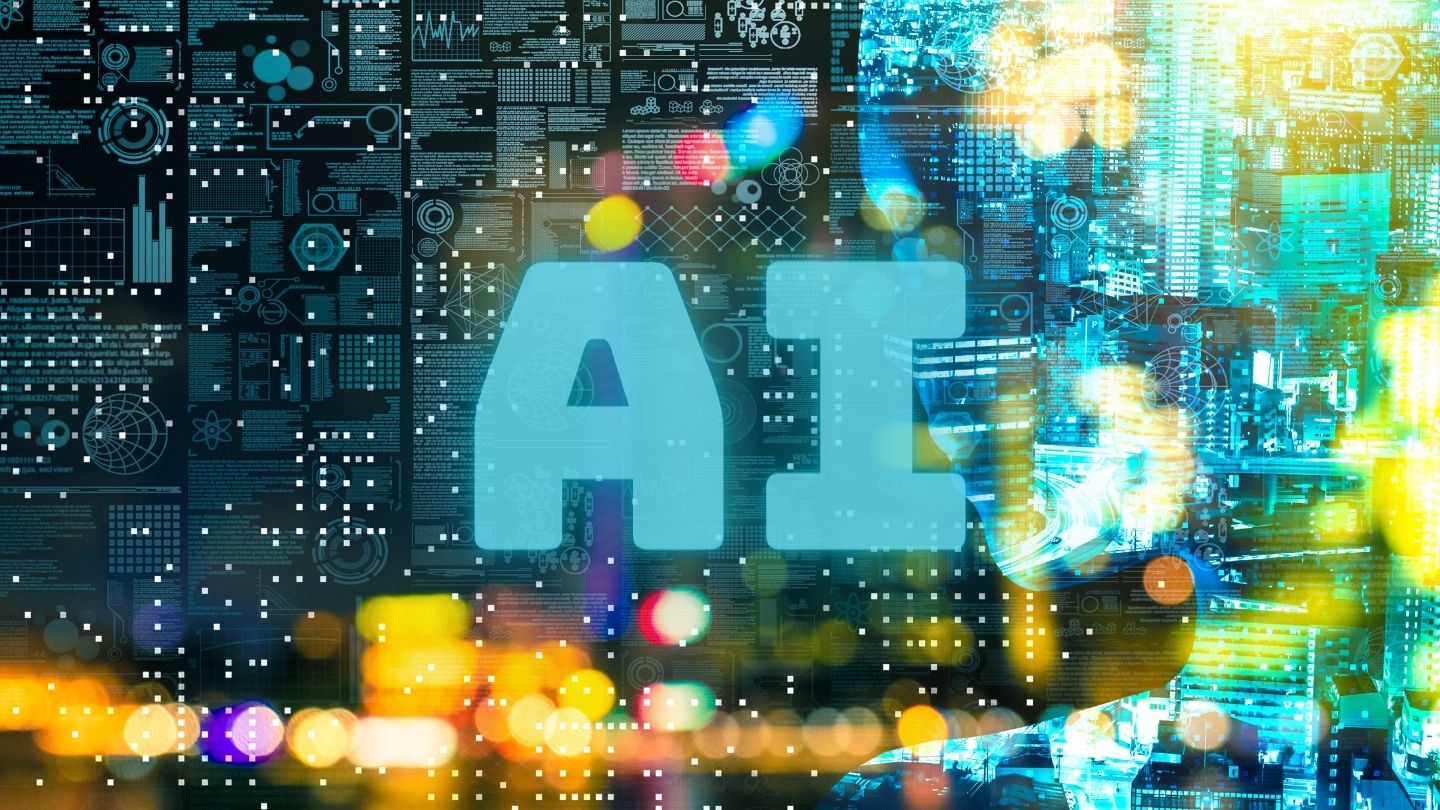The future is an exciting adventure in technology, with various innovations set to transform our lives and businesses significantly. In this sneak-peek into next decade’s technological landscape, we will delve into some ground-breaking advancements that promise to revolutionize the world. Let’s explore these emerging technologies:
Artificial Intelligence (AI) and Machine Learning (ML)
The AI and ML sectors are experiencing rapid growth, paving the way for smarter machines and a more efficient workforce. These technologies have enabled automation of mundane tasks, enhanced decision-making processes, and reduced data processing errors. With enormous potential for personalization, customized solutions could soon become a norm across industries.
Human-Like AI
Drawing inspiration from human cognition, researchers aim to develop AI systems that mimic our thought process and learning abilities. This human-like AI has the potential to tackle complex tasks such as natural language understanding, abstract thinking, and knowledge representation.
Internet of Things (IoT) and Wearables
As IoT devices continue to proliferate, better connectivity promises to foster collaboration between people and gadgets. The rise of wearables caters to the demands of health-conscious consumers seeking to monitor their health and fitness in real-time. This expansion could also benefit industries such as agriculture, manufacturing, and logistics through the integration of smart solutions.
Internet of Behaviors (IoB)
This extension of IoT focuses on collecting and analyzing user behavior data to tailor personalized services and products. By paying attention to individuals’ preferences and habits, companies can enhance customer experience and drive growth strategies accordingly.
Augmented Humans
In efforts to break free from biological limitations, scientists are exploring ways to blend humans with technology. Brain-interface devices aim to enable seamless communication between our minds and machines, while 8K Virtual Reality (VR) headsets might revolutionize immersive experiences and transform entertainment consumption.
Augmented Reality (AR), VR, and Wearables Integration
The fusion of AR, VR, and wearables could result in groundbreaking applications across various industries such as education, healthcare, retail, gaming, tourism, and marketing. This integration may further blur the lines between the digital world and physical reality, offering seemingly endless possibilities.
Big Data and Augmented Analytics
The tendency for datafication has contributed to an overwhelming volume of complex and diverse data sets. In response, augmented analytics is emerging as a way to process big data more effectively. Using ML algorithms, this approach offers actionable insights and helps identify patterns, anomalies, and trends that were previously undetected, fueling smarter decision-making processes.
Mobile Internet and Cloud Services
The relentless pursuit for better mobile connectivity has led to the development of 5G networks, promising faster internet speeds and increased functionality. Paired with cloud computing solutions, these interconnected systems provide exceptional benefits, such as lower latency rates, heightened security, and improved accessibility for both individuals and businesses alike.
Edge Computing
This decentralized form of computing involves processing data at the edge of the network, closer to its source, rather than relying on centralized data centers. Edge computing can significantly reduce bandwidth usage, improve responsiveness and efficiency, and provide real-time data analysis.
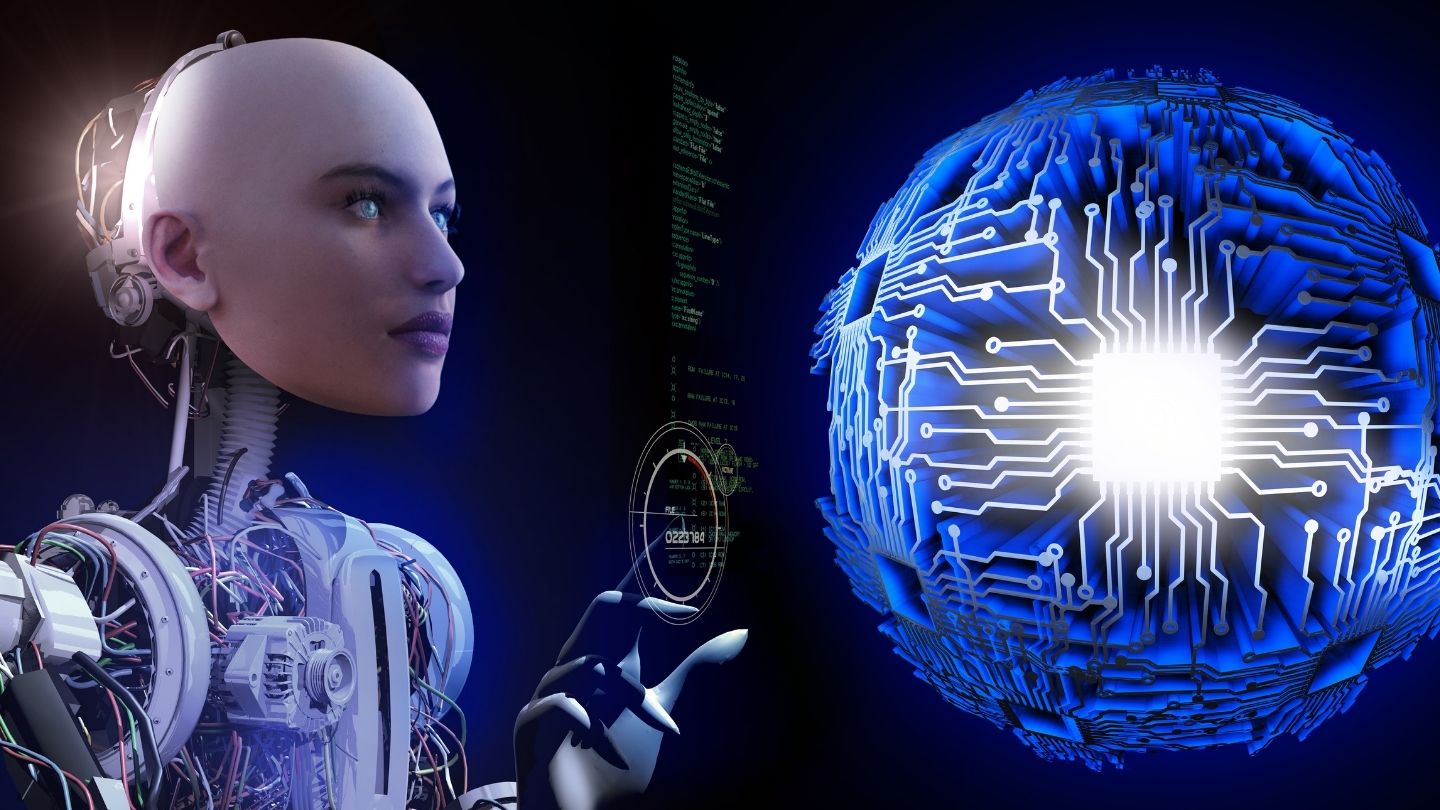
Quantum Computing and Cybersecurity
By harnessing quantum mechanics principles, quantum computers surpass traditional binary computational models and offer unprecedented processing power. With this mind-boggling technology, complex problems in cryptography, optimization, and drug discovery could be tackled efficiently, unlocking new frontiers in multiple disciplines.
As reliance on digital platforms continually increases, so does the urgency to enhance cybersecurity measures. The advent of quantum-resistant algorithms and encryption will contribute to data protection and secure communication, safeguarding against potential cyber threats.
Robotic Process Automation (RPA)
RPA aims to automate repetitive tasks, allowing businesses to streamline processes and reduce human error. By intelligently incorporating bots into various workflows, organizations can drive efficiency, improve scalability, and potentially yield higher return on investments.
In summary, the convergence of these emerging technologies promises significant progress for the next decade. By embracing innovations like AI, IoT, big data, and augmented humans, our world is poised to undergo a radical transformation. Harnessing the power of tomorrow’s technology paves the way for unprecedented advancements that challenge traditional boundaries and push us further into an era full of promise and potential. So let’s buckle up and witness the thrilling journey of technological evolution unfold.

